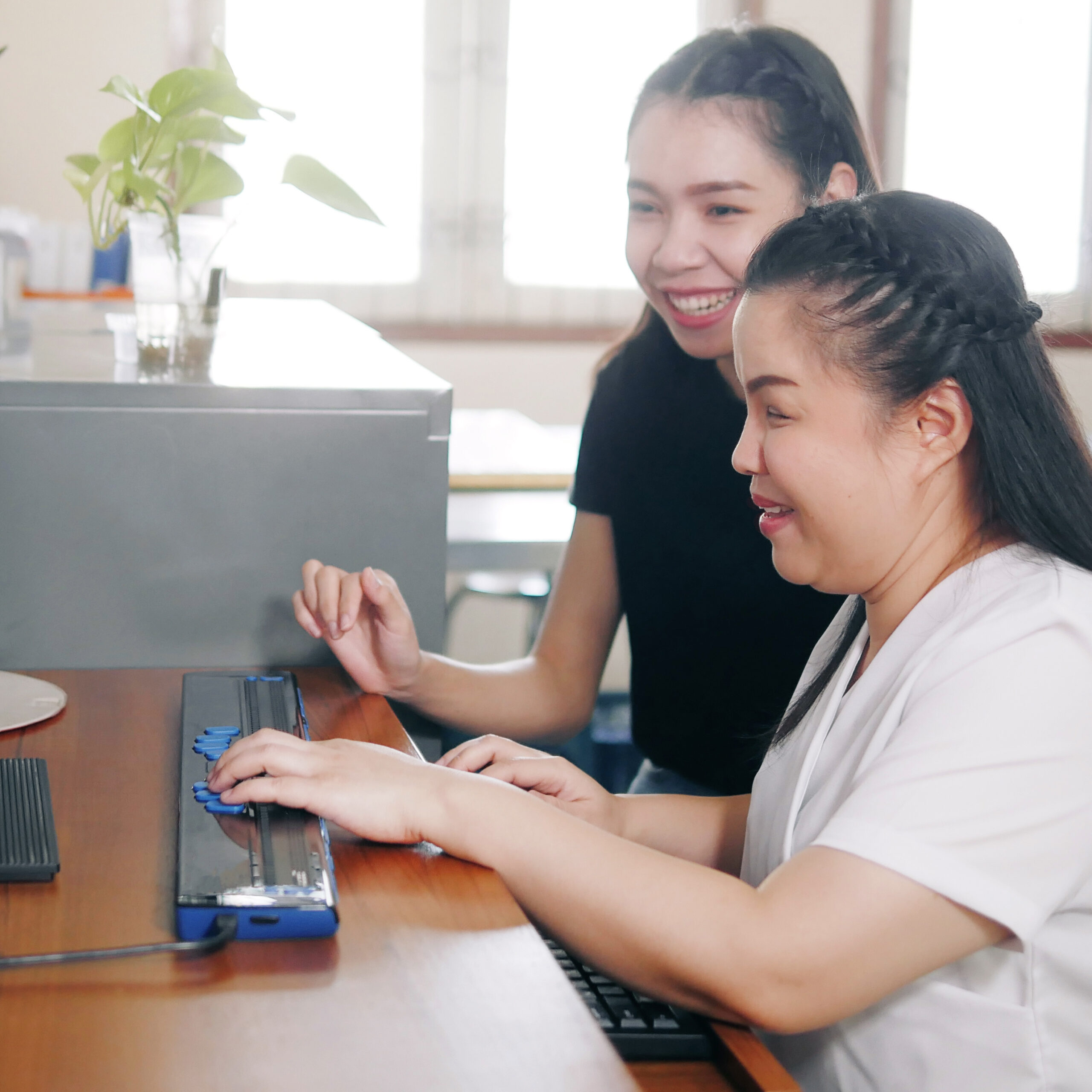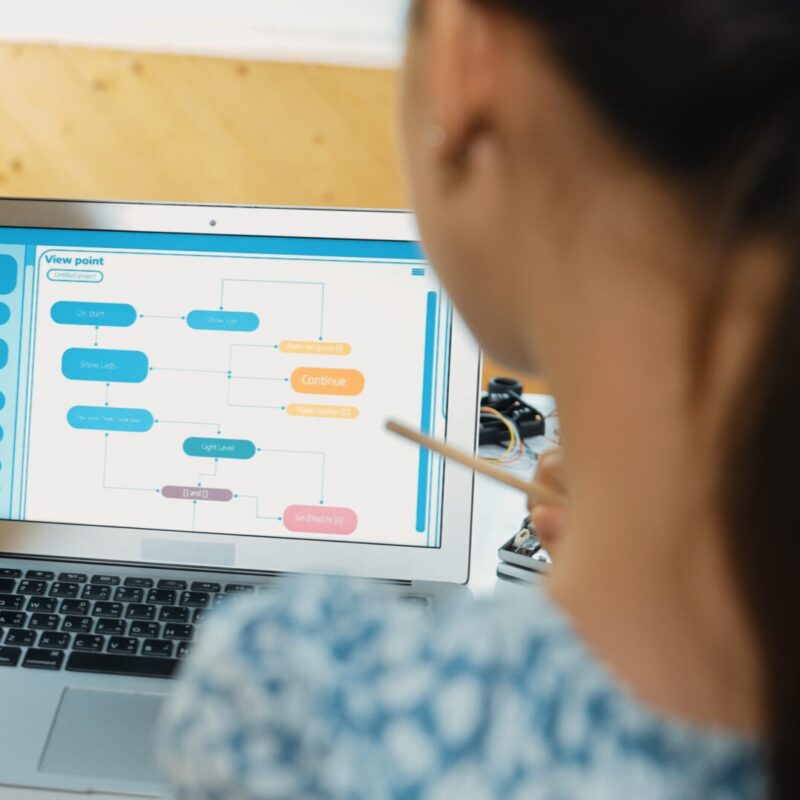Accessibility & Inclusive Technology
At CAST, we believe that every learner, regardless of their abilities, deserves access to high-quality, inclusive education. We’ve developed a comprehensive suite of accessibility services designed to ensure that educational institutions can create and sustain accessible learning environments for all students.

Why Accessibility Matters
Today’s learners are diverse, each with unique strengths, challenges, and learning preferences. Addressing learner variability is essential in providing educational experiences that work for everyone.
Recent mandates, such as the U.S. Department of Justice’s ruling that requires digital learning resources meet WCAG 2.1 Level AA standards, emphasize the importance of accessibility. By 2027, public schools and educational organizations must comply, ensuring that all learning materials—whether teacher-created or institution-produced—are accessible.
Accessibility is also foundational to Universal Design for Learning (UDL), the framework developed by CAST that underpins the 2024 National Educational Technology Plan. This plan emphasizes designing learning environments that support the full range of learners.
Accessibility at CAST works with states and districts to build capacity for developing and sustaining robust systems for providing accessible materials and technologies for all learners who need them. To us, accessibility means that individuals with disabilities—from early childhood through the workforce—have equal access to materials and technologies for reaching educational outcomes and advancing in employment.
Make your learning accessible

Transform Learning with CAST
We offer a range of customizable services to support the unique needs of State Education Agencies, district superintendents, school administrators, educators, K-12 EdTech solution providers, curriculum developers, and nonprofit organizations.
Interactive workshops designed to deepen understanding of accessibility and UDL. Participants gain practical knowledge on integrating accessible materials and technologies into their work. We offer both in-person and virtual sessions.
Engaging and informative presentations on the latest trends in accessibility and inclusive education, tailored to inspire systemic change within educational institutions.
Receive expert advice specific to your needs in areas like UDL, assistive technology, and digital accessibility. These tailored sessions address immediate challenges and long-term goals.
Stand out in a crowded EdTech market by securing the CAST UDL Product Certification, providing K-12 districts with the independent verification and transparent accessibility documentation they need to make confident purchasing decisions.
We help prepare your products to align with the CAST UDL Guidelines so you can ensure your curriculum or tool delivers meaningful, barrier-free learning outcomes for every student.
We provide comprehensive evaluations and guidance on creating accessible content, as well as implementing assistive technologies that support diverse learners.
From procurement to implementation and sustainability, we offer strategic planning to ensure that accessibility initiatives are successfully integrated at all levels—state, district, or school.

Grow your accessibility knowledge with our online courses
CAST’s Introduction to Designing for Accessibility is offered as both a self-paced and an instructor-led course. Course participants gain practical skills in evaluating, designing, and delivering materials that meet the needs of each learner, including those with disabilities.